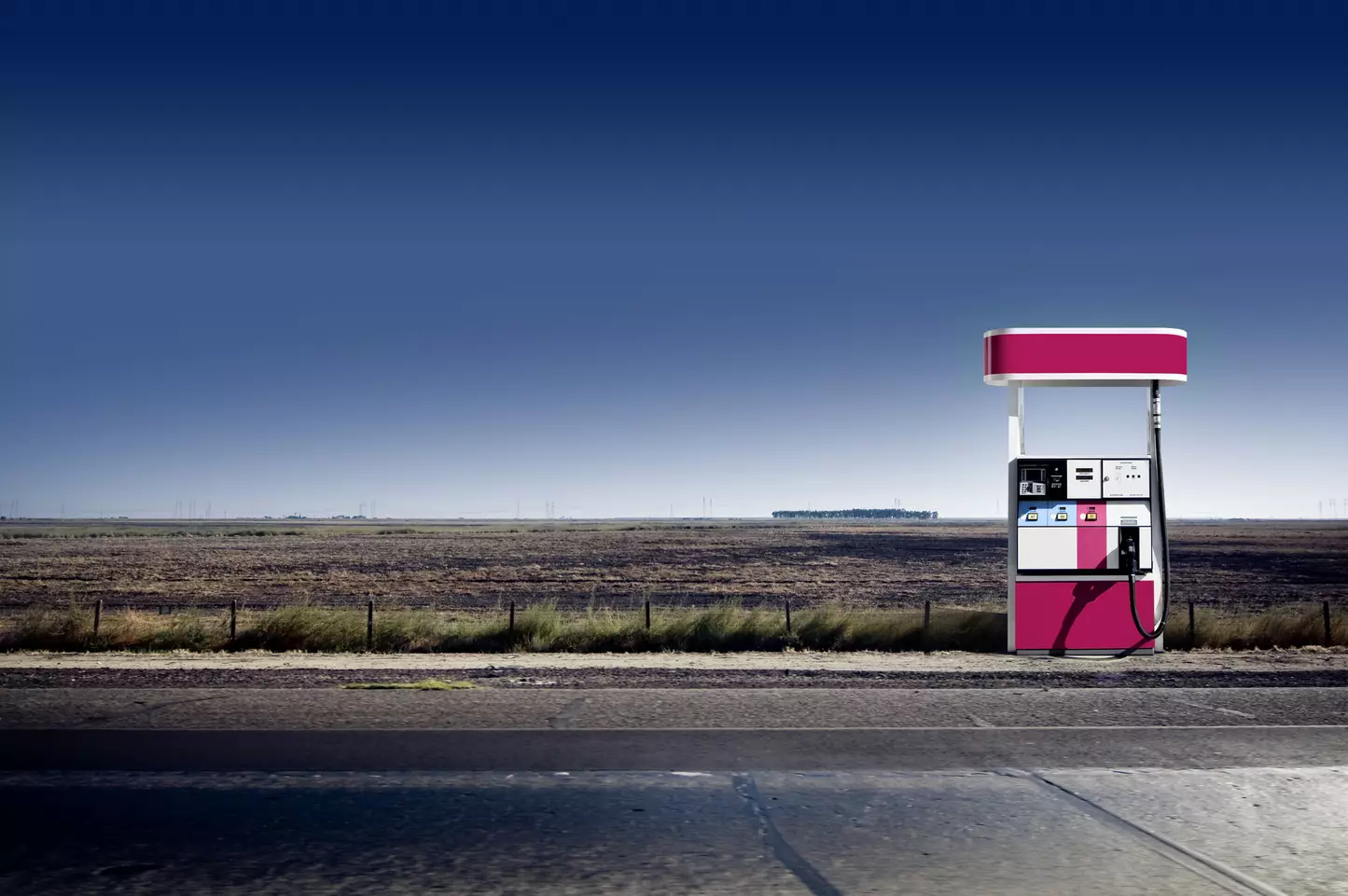Every climate COP is important. The annual UN climate summit, however, has long since moved beyond its 'environmental' objective to become a negotiation on a new industrial revolution, in which the future shape of the world is defined, from the relations between countries and blocs to the forms of energy allowed in the transition to the rules of international finance.
The 28th UN climate conference, which closed in Dubai on 13 December, a day later than the official calendar, was marked on the post-Paris Agreement agenda as particularly decisive, even more so than those that preceded it (Glasgow in 2021 and Sharm el-Sheikh in 2022), because it was the one during which the first Global Stocktake, the roadmap check on how the fight against climate change is going, was being written.
The year 2023 has been a dramatic year for global warming, marked by extreme events on every continent and record highs in atmospheric and ocean temperatures that have even caught the scientists themselves off-guard. The year 2023 has gone down in history as the hottest year in the history of human civilisation, the scientific community has reaffirmed with a series of reports (including UNEP's Emission Gap 2023 and IEA's World Energy Outlook) that the window for avoiding the worst effects of the climate crisis is closing.
For these reasons, prior to the summit the bar for considering Dubai as a successful COP had been set in a formula: a clear agreement on phase out, the gradual elimination of fossil fuels (coal, oil and gas) from energy systems, had to come out of COP28. After two dramatic weeks of negotiations, the final result written in the Global Stocktake came close to this goal, though without achieving it.
In climate diplomacy, words are important, so the linguistic nuance of the Dubai agreement is decisive. Instead of agreeing to phase-out, the 198 countries gathered at COP28 agreed to 'move away from fossil fuels' in a 'fair, orderly and equitable manner', accelerating action in this critical decade to achieve net zero emissions by 2050, 'in line with the demands of science'.
The key element of this form is the time reference: climate action cannot only have 2050 as a target, but must accelerate starting from this decade.
Other decisions taken at COP28 include tripling the capacity from renewable energy sources and doubling the average annual rate of energy efficiency by 2030. The Global Stocktake also mentions the other forms of energy allowed for the transition: nuclear, hydrogen, CO₂ capture and storage (but only for sectors where it is difficult to cut emissions in any other way). Finally, COP28 recognises the role of 'transition fuels' for energy security. It is not written explicitly, but it is a reference to gas, a phrase that effectively separates its role from the other two (coal and oil).
The Global Stocktake has no immediately applicable legal value in individual countries: its meaning is political. For the first time, after 27 COPs at which the subject was evaded, it is recognised that the fight against global warming requires doing without fossil sources of energy.
In this sense, the result can be called historic, all the more so because it was achieved under the political leadership of one of the countries most economically dependent on these energy sources: the Emirates. COP28 had started under negative auspices, not least because of the host country's choice to entrust the chairmanship, and thus the leadership of the negotiations, to Sultan al Jaber, the CEO of the Emirates state oil company, ADNOC. The conflict of interest between referee and player could not have been more obvious, and was underlined by a number of news items that emerged during the summit.
The BBC discovered that al Jaber had also used the COP28 meetings to strengthen trade agreements on fossil fuels. The Guardian released a recording of a video in which al Jaber argued that the phase-out of fossil fuels was not necessary to contain the temperature rise below 1.5°C (a position bordering on denialism). Reuters had circulated a letter from OPEC, the organisation of oil producing countries (including the Emirates), which called on its members to oppose any agreement on phase out. Given these conditions, the end result of the Global Stocktake is remarkable, and should be seen as a text from which to restart the fight against climate change.
The political significance of the Global Stocktake can only become concrete action if governments live up to the commitment they made in Dubai, starting with the compilation of the next NDCs, the Nationally Determined Contributions under the Paris Agreement.
According to that treaty, signed in 2015, signatory countries are required to cyclically (every five or ten years) publish these NDCs, which contain all their climate commitments, and to update them by making them more ambitious.
The current NDCs are not sufficient to stop the climate emergency, and would not allow the temperature increase to be kept below either 1.5°C compared to the pre-industrial era (as called for by science) or below 2°C (as called for in the Paris Agreement). They will have to be updated by next year, that will be a first check on the effectiveness of the Global Stocktake. The next climate conference will be in Baku, Azerbaijan, another country (the third in a row) dependent on oil and gas exports. One of the topics of the upcoming COPs (Baku 2024 and Belém, Brazil, 2025) is climate finance: for developing countries or emerging economies to move away from fossil fuels requires large amounts of resources and technology transfer. On this point, the Dubai text was evasive and left the question open for future conferences.
